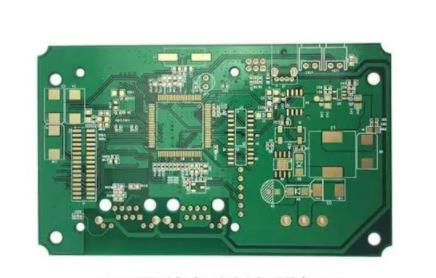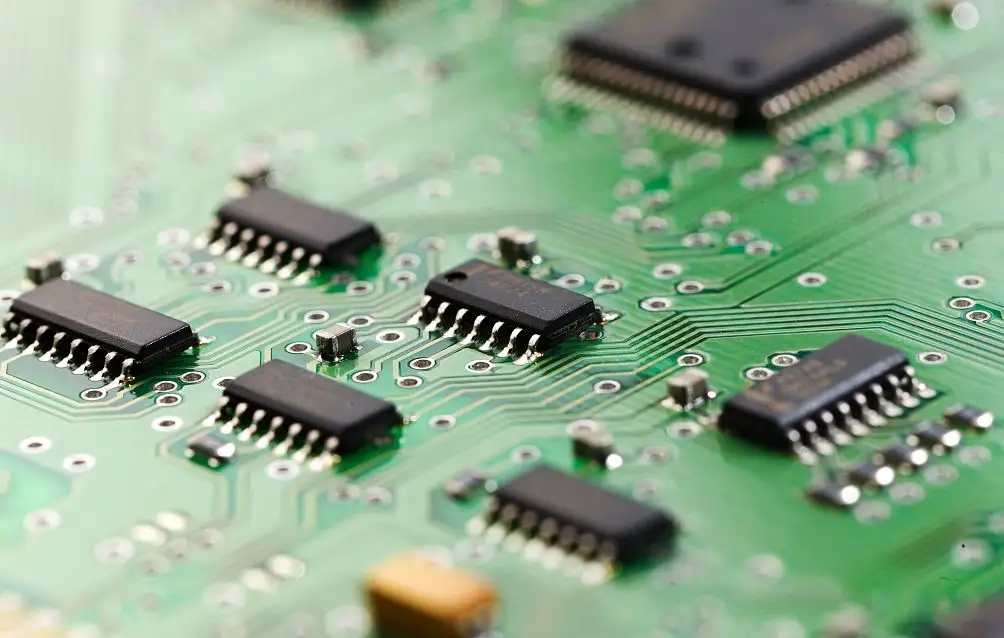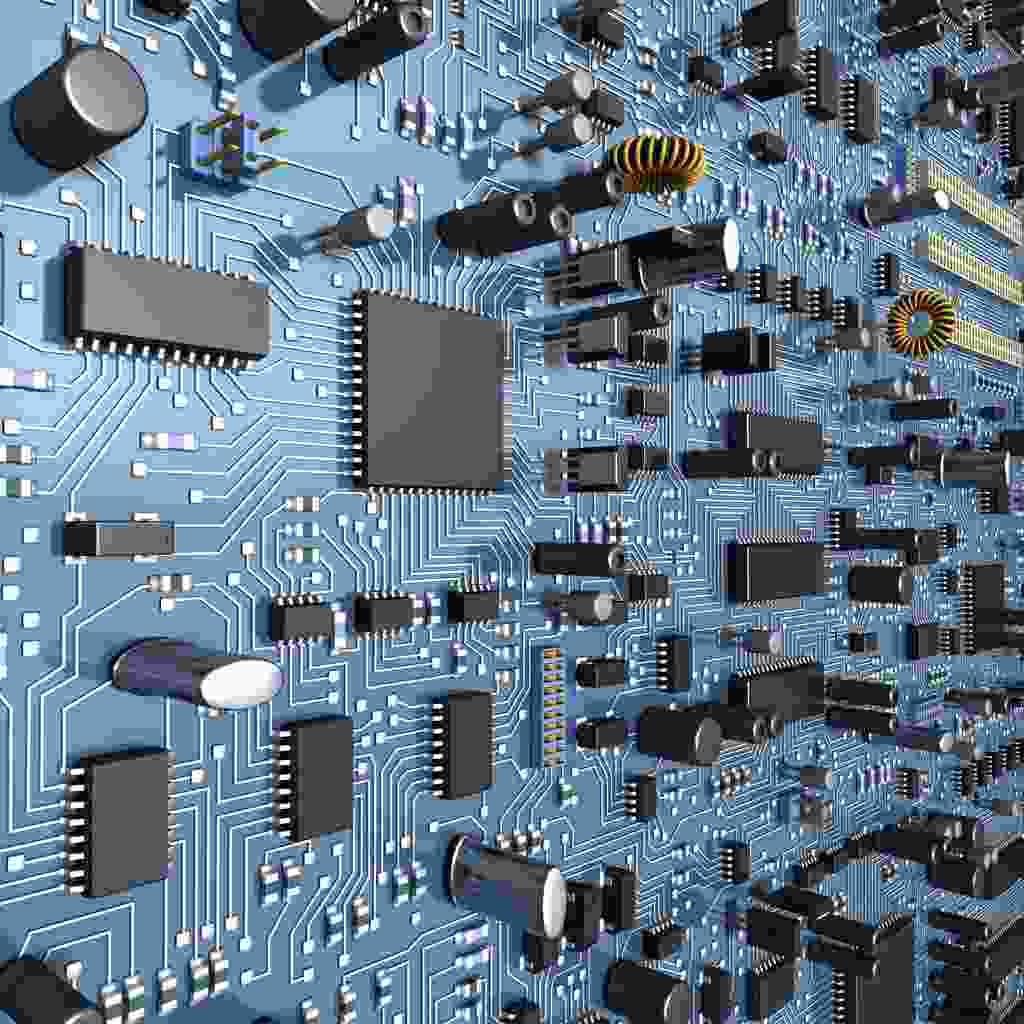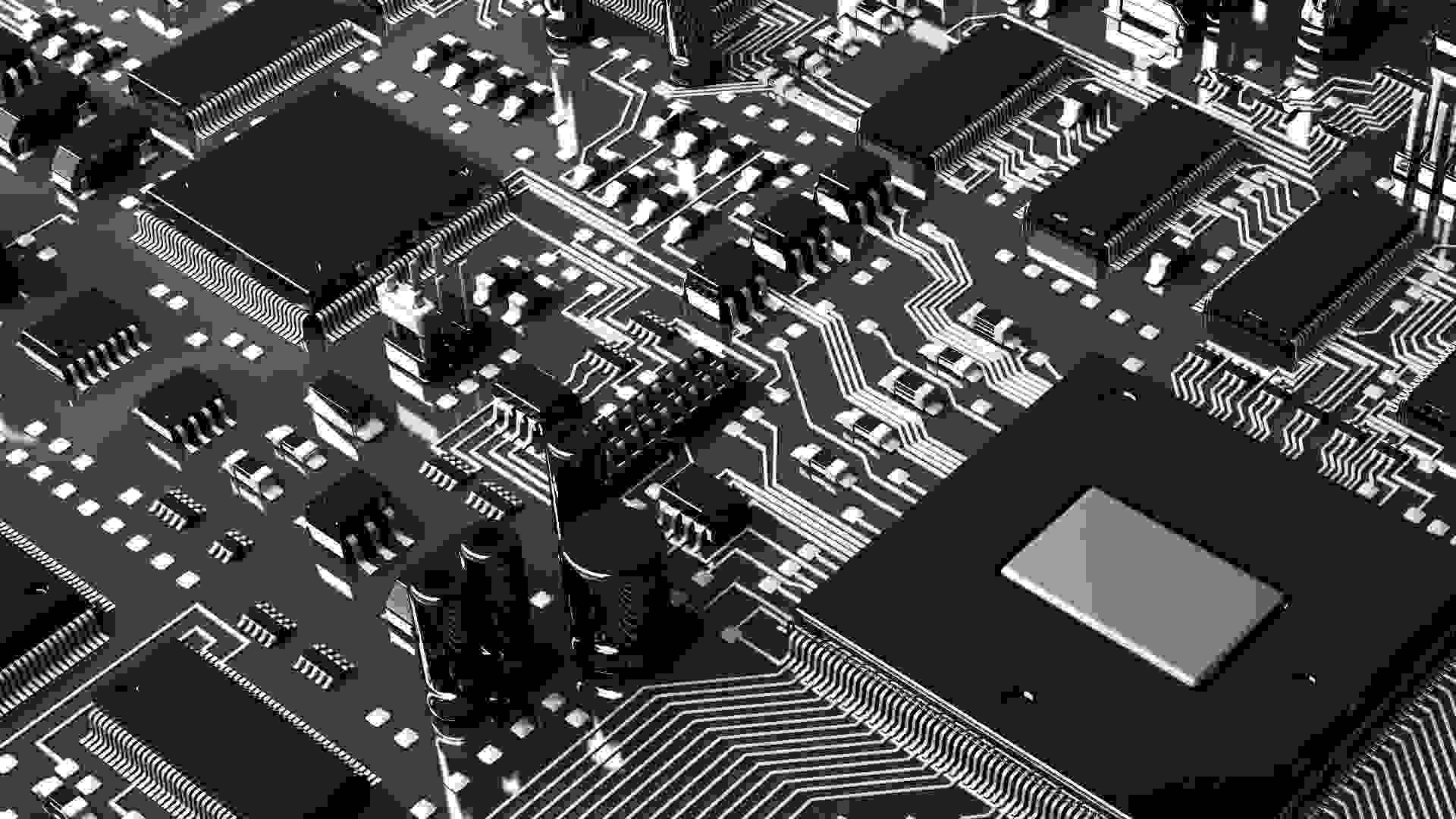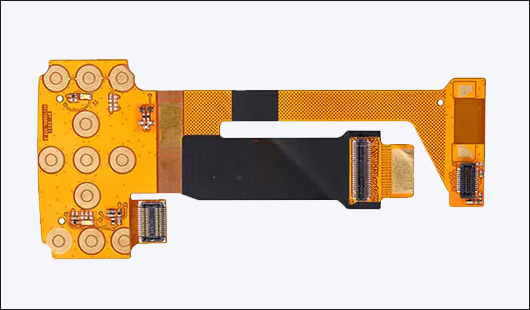
What is the difference between FPC and rigid PCB?
printed circuit board (FPC) is a printed circuit board that can be bent or twisted without damaging the circuit, whICh means that the circuit board can be bent freely in the application process to conform to the required shape. The material used for the substrate is flexible, such as polyamide, PEEK or conductive polyester film.

Differences between FPC and rigid PCB
·Materials
The dielectric layer in FPC is usually a homologous sheet of flexible polyimide material. The dielectric material in rigid PCB is usually a composite of epoxy resin and glass fiber woven cloth.
·Solder mask
Both sides of the rigid PCB have a layer of solder mask. The solder mask has gaps, and SMT pads or PTH holes are exposed to allow assembly of components. FPC usually uses an overlay rather than a solder mask. The cladding is a thin polyimide material that can be drilLED or laser cut to contact the components.
Most manufacturing steps of FPC and rigid pcb are SIMilar. However, FPC needs some tools to fix them in a fixed position because of its flexibility.
·Price
From the price point of view, FPC is more expensive than rigid PCB. However, FPC has many advantages in improving cost performance, such as space saving, weight reduction and high reliability.
Unique Advantages and Applications of FPC
FPC has many advantages due to its characteristics; Let's take a closer look at FPC.
·Excellent flexibility
FPC is often used as a connector in various applications. Its excellent flexibility can extend the service life of the circuit and save a lot of space. FPC is always used in SMArt phones and medical devices, which requires many interconnections in a compact package.
·Light and small
FPC is lighter than rigid PCB, and can be designed into smaller size to improve flexibility. These advantages enable FPC to replace cumbersome circuits in some applications. For example, FPC can be used in satellites. Weight and volume are the main limitations of designers. More importantly, LED light strips, consumer electronics, automobiles and many other high-density applications favor flexible panels to reduce size and weight.
·Better resistance and sportiness
FPC is easy to wrap without breaking and damage, and is very suitable for outdoor electronic products, sports equipment and wearable electronic products.
·High reliability and excellent heat dissipation
There is no mechanical connector in FPC application, which improves the durability in harsh environments. Moreover, FPC has better heat dissipation than rigid PCB. Therefore, Flexible PCBs can be found in many computer components, televisions, printers, and game systems.



